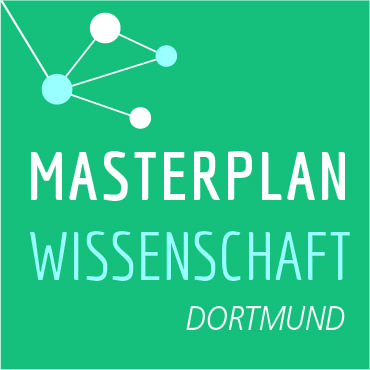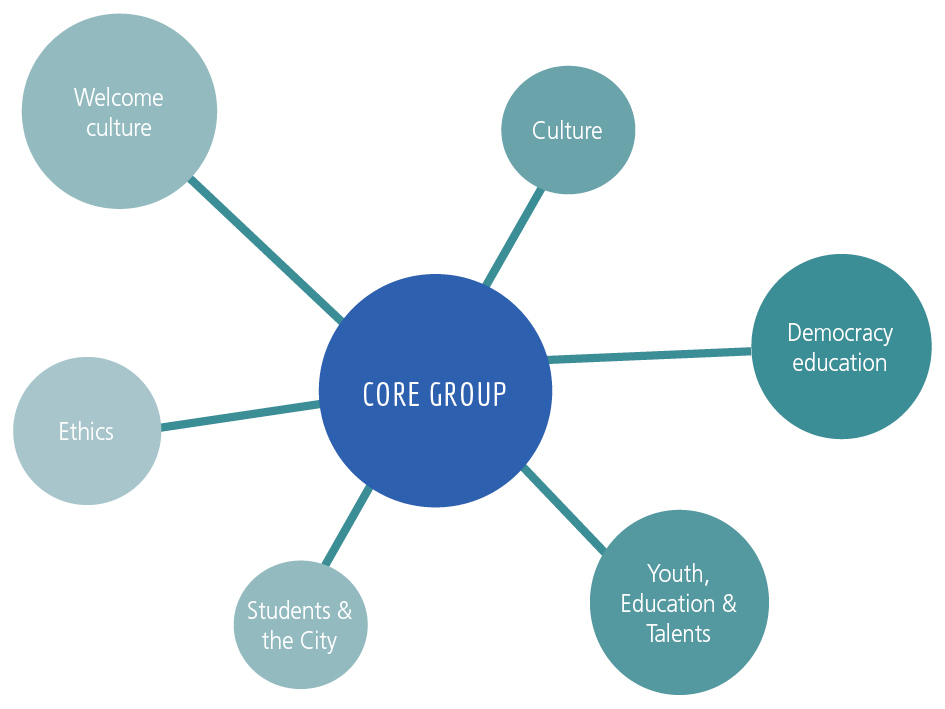Focus group 1: City of Science and Cultural Metropolis
Focus group 1 / ‘City of Science and Cultural Metropolis‘ opens up a dialogue with citizens, combines the themes of science and culture, and brings together various actors in theme-specific rounds („satellites“).
The central goal of this group is to make science more visible as part of urban society and to improve networking among the participants. To this end, the group relies on a cascading mode of operation. A core group is supplemented by topic-specific satellite groups, which in turn organize events. This approach facilitates new contacts and partnerships and develops new ideas – also with regards to the other focus groups.
First satellites in the Science Master Plan 2.0 (own illustration)
Youth, education and talent
The group supports activities that contribute to more educational equity. With the ‘Talent Scouting’ initiative, TU Dortmund University and Fachhochschule Dortmund – University of Applied Sciences and Arts have established an effective support instrument that shows young people educational paths, regardless of their social backgrounds. Other componets include projects that support refugees in finding their paths in our educational landscape (e.g. TU Dortmund University’s collaboration with ‘Adam’s Corner’; initiative ‘Fachhochschule Dortmund – University of Applied Sciences and Arts helps’).
Other fields of activity in this area:
- Transition from school to university and networking in dual training.
- Communicating science to children and young people in all parts of the city.
- MINT promotion, a. in the context of the joint activities of Fachhochschule Dortmund – University of Applied Sciences and Arts and TU Dortmund University in the context of the Ruhr Education Initiative. Discussions are also underway to encourage greater participation in the World Robot Olympiad and to set up a future workshop on „Tomorrow’s Professions“.
- In the area of political and cultural education, the teacher training at TU Dortmund University, the city’s memorial work and other stakeholders will be linked together. In addition, a stronger involvement of the humanities and cultural sciences is sought through projects with the theaters and museums.
Culture and ethics
The artistic fields at the universities are to become more visible. Likewise, the literary scene plays an important role and it is planned that cultural studies will be more present in the city. Formats such as „City Talks in the Museum“, „Image and Sound“ in the City Church of St. Reinoldi and the lecture series of the Historical Society show that there is an audience for this. A series of events taking place at extraoridinary locations will bring science to the various parts of the city.
Another focus is on the responsible use of digitization. This also applies to digital cultural offerings in particular. Here, exchange formats between the various stakeholders are becoming increasingly important. The interlinking of university activities, projects in cultural institutions and the independent scene is an urgent topic here.
Ethical questions arise, among other things, in connection with the scientific fields of competence of the Science Master Plan 2.0. The topic of artificial intelligence can be cited as an example here. The topic of „AI and ethics“ has already been discussed at the Science Conference 2020. Ethical issues are also linked to the other fields of competence (educational justice, energy transition, etc). Formats are being developed in which these questions can be addressed.
Networking into the urban society and identity as a city of science
The ‘Dortmunder U’ has more and more become a creative hub for central discussions and events. Programmatically, other locations for the various thematic ‘satellites’ will be expanded at the same time.
Supraregional visibility and networking will be increased through the design of and participation in annual themes. These can result from local major themes (e.g. IGA – international Gardening Exhibition – 2027) or the nationally proclaimed ‘science years’. Participation in events on the topic of „1700 years of Jewish life in Germany“ has already been agreed in the focus group.
The aim is to improve the connection of existing activities and to make the individual institutions more visible. Existing activities, for example in the area of science for children and young people, are to be specified and related to each other in the sense of a network map.
It is also planned to engage more intensely with civil society as well as cultural institutions. As a format, the focus group plans to establish a round table „Science City and Cultural Metropolis“ and to bring together the various institutions.
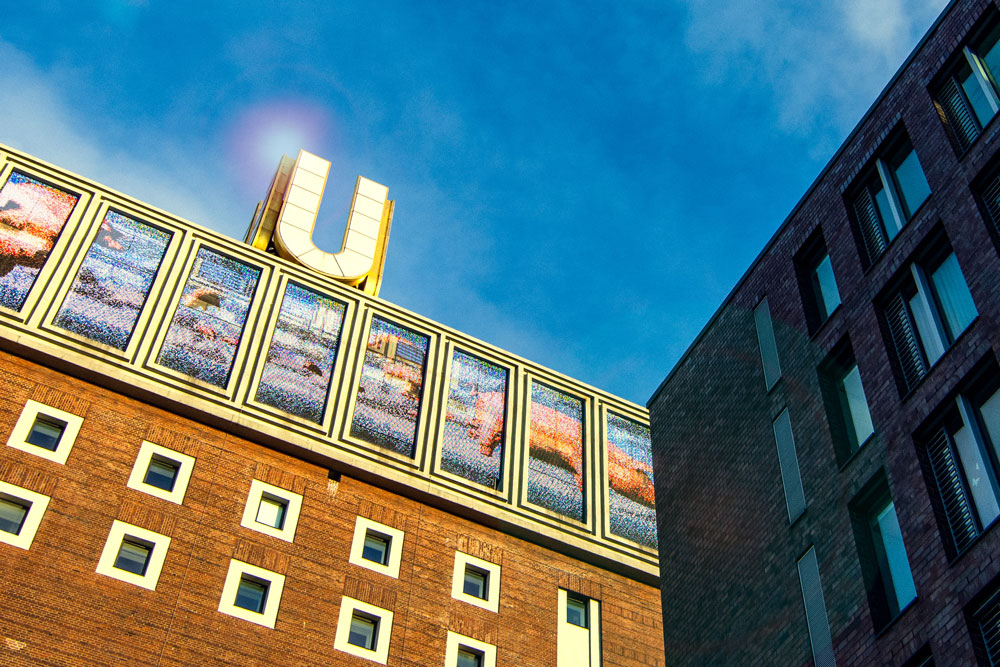
The Dortmund U as a „hub“ (Photo: Dortmund-Agentur/Roland Gorecki)
Framework conditions for science and minds in the city
For scientists with their families, (international) students and (international) guest scientists, the welcome culture will be further developed. A round table „Welcome Culture“, in which the various stakeholders can talk to each other, but also identify deficits, is being strived for here. In this field, it is important to make Dortmund visible as a cultural metropolis. For this reason, the cultural institutions should be more closely involved. At the same time, it is important to dovetail local activities in the region, for example with the dual-career network coordinated by the RVR. The goal is to develop a comprehensive offer that clearly demonstrates Dortmund’s attractiveness as a livable city of science.
Studis & the City
New co-working and exchange spaces for students in the city center will become low-threshold contact points for students to engage with each other as well as civil society. They serve as a bridge between student „learning life“ on campus and the social and cultural life in the city. The project promotes the identification of Dortmund students with their city and enhances the perception of Dortmund as a city of science and a student city. Further topics of student participation are dealt with in focus group 4 / ‘Experimental City’.
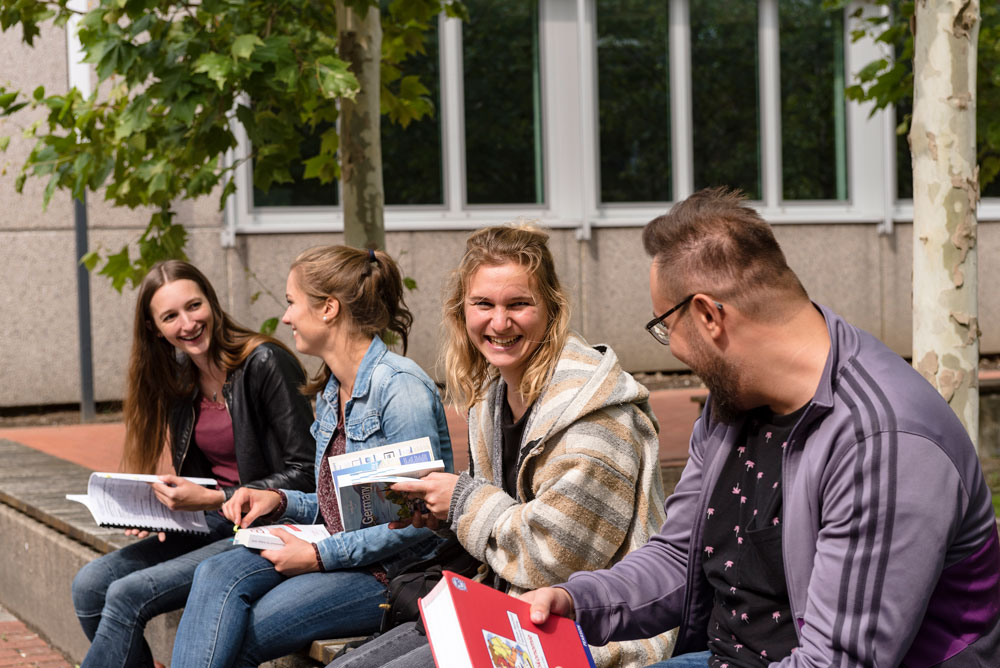 Around 54,000 people study in Dortmund (photo: TU Dortmund University/Roland Baege)
Around 54,000 people study in Dortmund (photo: TU Dortmund University/Roland Baege)
For more information on the focus group, see the Science Master Plan 2.0.
Participants of the focus group
- Fachhochschule Dortmund – University of Applied Sciences and Arts
- KITZ.do
- Concert Hall Dortmund
- Leibniz Research Centre for Working Environment and Human Factors (IfADo)
- House of Literature Dortmund
- City of Dortmund
- St. Peter’s Church
- Student Union
- TU University
- TU University – AStA
- Theatre Dortmund
- Wilo-Foundation
- Economic Development Agency Dortmund
- Other representatives (churchs, associations, cultural institutions, etc.)
Project profile (in German):
Speakers:
Dr. Stefan Mühlhofer (City of Dortmund)
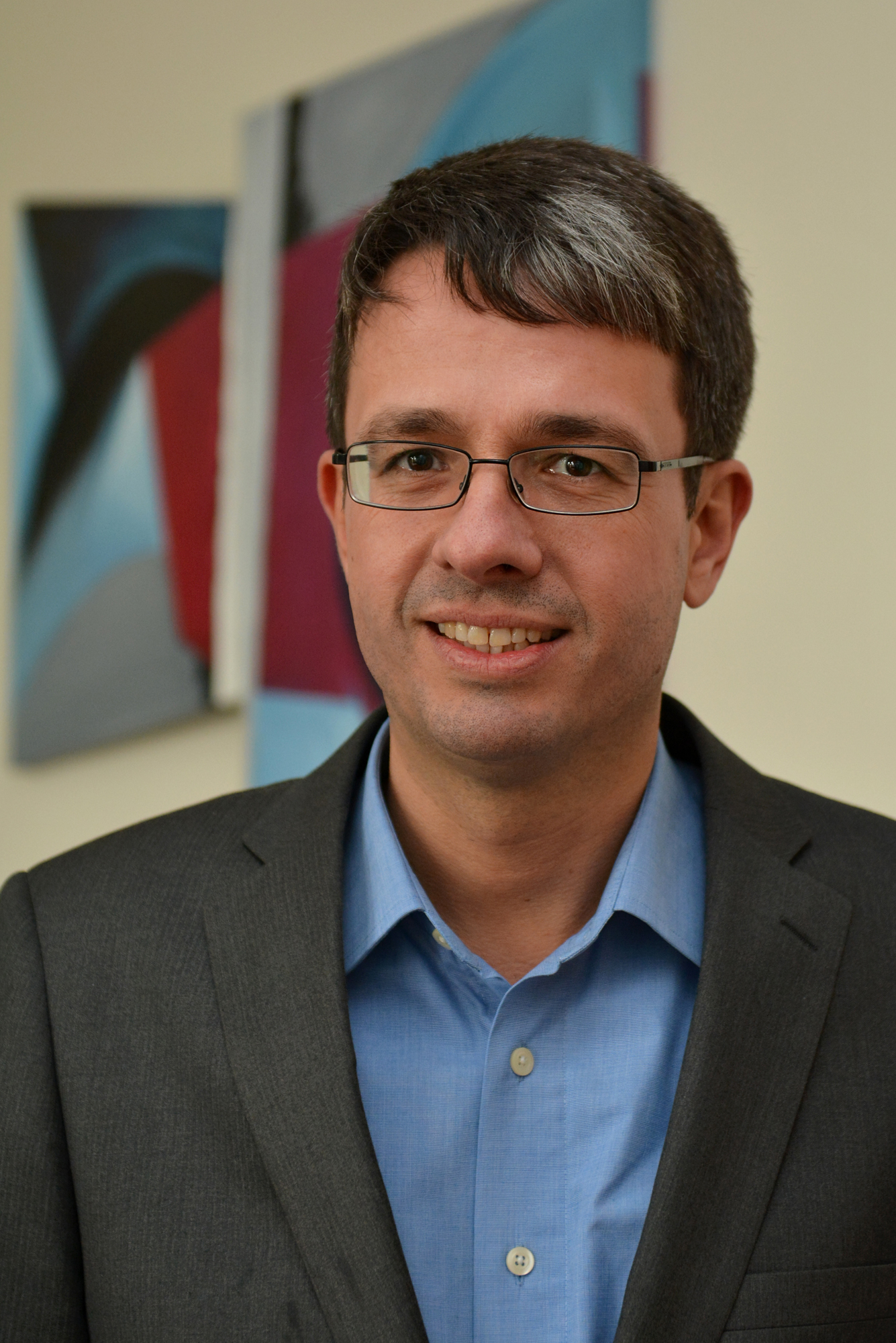
Bild: Dortmund-Agentur/Stefanie Kleemann
Prof. Dr. Barbara Welzel (TU Dortmund University)
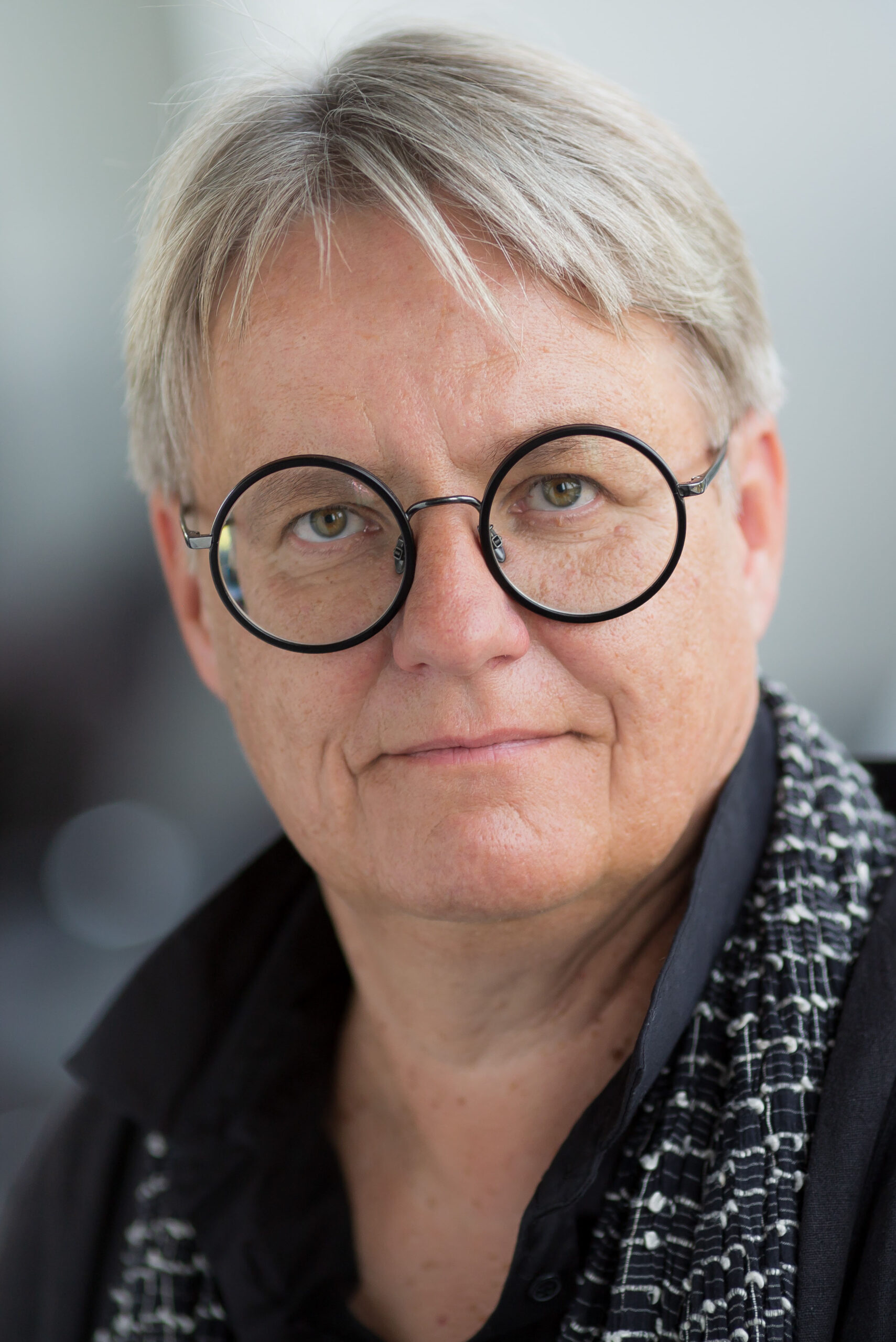
Bild: Lutz Kampert, Dortmund
(Stadt Dortmund)
Prof. Dr. Barbara Welzel
(TU Dortmund)


Bild: Lutz Kampert, Dortmund
